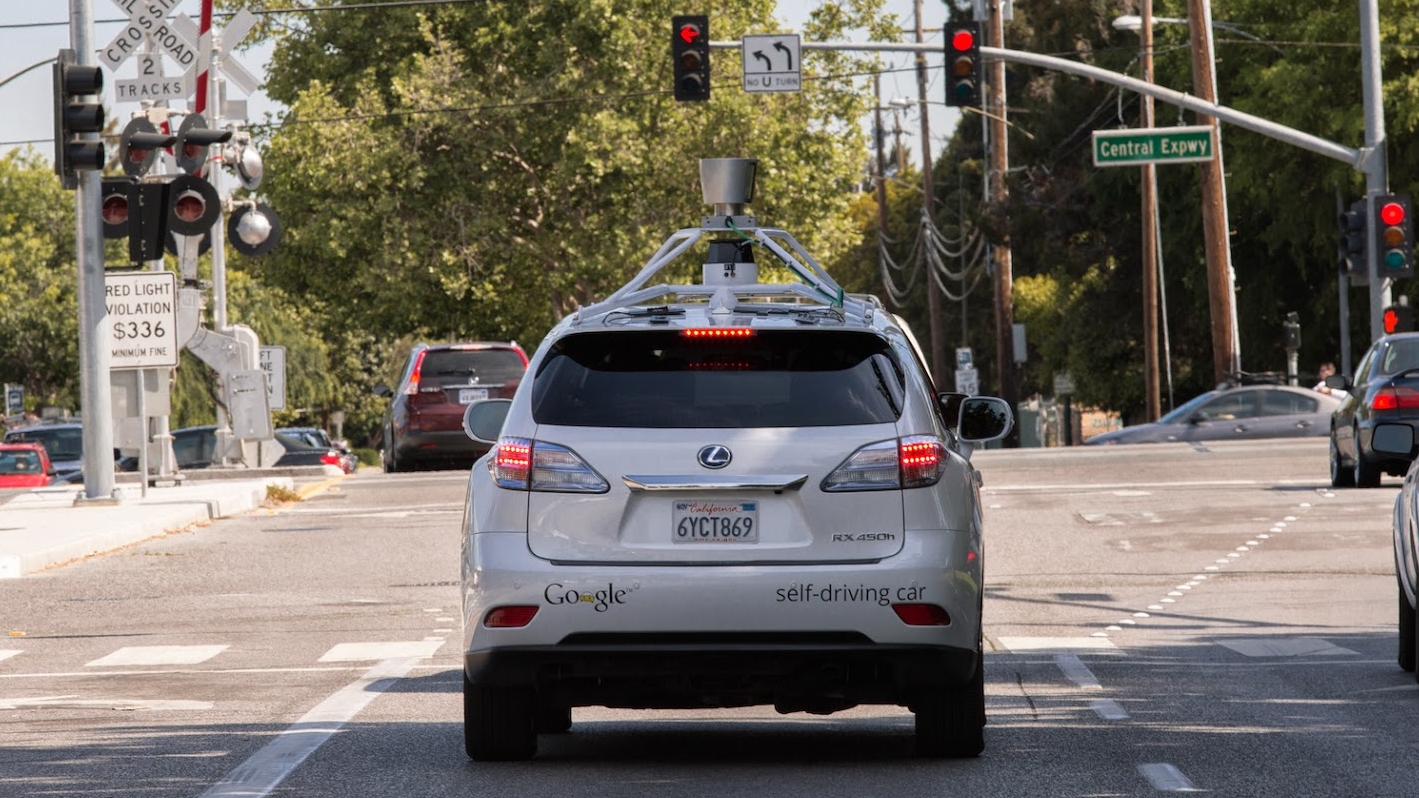The government just paved the way for self-driving cars
Puts up about $4 billion worth of backing

Sign up for breaking news, reviews, opinion, top tech deals, and more.
You are now subscribed
Your newsletter sign-up was successful
The US government has shown its support of the autonomous car industry today at the Detroit Auto Show, announcing plans to help accelerate the development and introduction of self-driving technologies in the country.
Secretary of Transportation Anthony Foxx revealed today that the government will propose a 10-year, $4 billion investment in the 2017 budget to help put in place national regulations and policies for autonomous cars.
"We are on the cusp of a new era in automotive technology with enormous potential to save lives, reduce greenhouse gas emissions, and transform mobility for the American people," he said in a statement.
National regulations
Currently, some states across the US have individually developed their own regulations regarding autonomous cars.
As part of the government's plan, the transportation agency and the National Highway Traffic Safety Administration (NHTSA) will work with industry leaders, manufacturers and states to help develop national policies and regulations and remove "potential roadblocks."
"NHTSA is using all of its available tools to accelerate the deployment of technologies that can eliminate 94% of fatal crashes involving human error," said the NHTSA's Mark Rosekind.
"We will work with state partners toward creating a consistent national policy on these innovations, provide options now and into the future for manufacturers seeking to deploy autonomous vehicles, and keep our safety mission paramount at every stage."
Sign up for breaking news, reviews, opinion, top tech deals, and more.
A 10-year plan
The government is hoping to have groundwork "model state policy on automated vehicles that offers a path to consistent national policy" and "guidance on the safe deployment and operation of autonomous vehicles" within six months.
Secretary Foxx is also encouraging self-driving car makers "to submit rule interpretation requests where appropriate to help enable technology innovation" or request an "exemption authority" which, according the Department of Transportation, "allows NHTSA to enable the deployment of up to 2,500 vehicles for up to two years if the agency determines that an exemption would ease development of new safety features."
Interestingly, the government's Autonomous Vehicle Policy, which was also updated today, states:
"DOT and NHTSA will develop the new tools necessary for this new era of vehicle safety and mobility, and will seek new authorities when they are necessary to ensure that fully autonomous vehicles, including those designed without a human driver in mind, are deployable in large numbers when demonstrated to provide an equivalent or higher level of safety than is now available."
This contradicts California's proposed regulations, which requires a driver to be present at all times, and have the ability to take over controls if necessary.